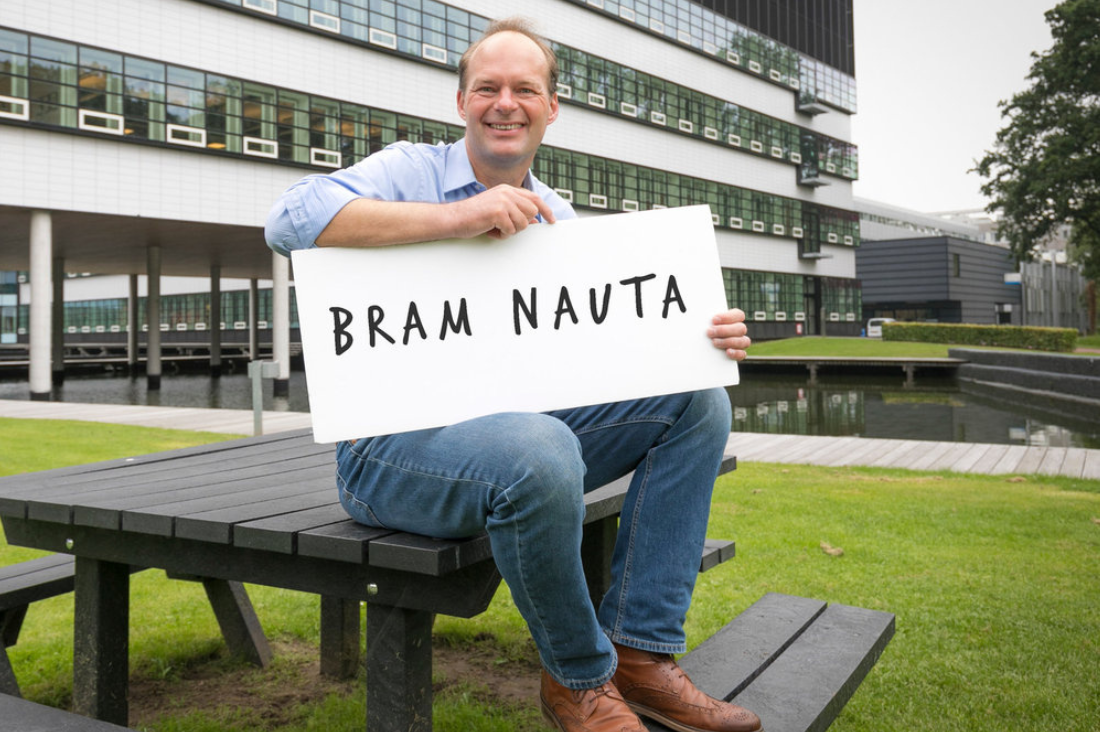Chips are indispensable in today’s life. Twente plays an important role in the development of these smart pictures. Bram Nauta, professor of Integrated Circuit Design at the University of Twente, talks about how chip technology has changed the world, what Twente’s role is in this and how he sees the future of chips.
‘Without chips, our world stands still’. Nauta needs few words to point out on Twente.com how important chips are in today’s existence. ‘Chips are perhaps more important than oil. Everything happens digitally; holidays are booked via computer, banking is done online, everyone has a smartphone. That requires chips. You can’t do without them anymore.’
Chip technology has changed the world in recent decades. It has ensured that electrical devices can do more and more, but also get smaller and smaller. Nauta played an important role in this with the development of the Nauta circuit. This invention is the standard in the chiptech sector. His work was also behind wireless communication technologies such as 5G, Wi-Fi and Bluetooth.
Eifel Tower
To show how chips affect developments around the world, Nauta picks up an old iPhone 6. ‘I once calculated that if you wanted to build an iPhone with loose parts from the 1960s, it would become about four times the size of the Eifel Tower. Moreover, you would need a nuclear power plant to drive it. Thanks to chip technology, it fits in your pocket. And what do we do with all that computing power contained in that device? We make selfies with it,’ the professor laughs.
Within the chip industry, the Netherlands plays a distinguished role. ASML is considered the main builder of chip production machines, while the Netherlands is a forerunner in chip design. ‘We have the knowledge here to design chips. It is a difficult process where you have to take thousands of things into account. Only something has to go wrong, or you can start all over again. That’s why experience is very important in this business. The more experienced people you have, the better you know what can go wrong and the better you can prevent those mistakes. We have those experienced people here in Twente.’
Twente as a ‘place to be
It makes Twente, along with Eindhoven, ‘the place to be’ when it comes to chip design industry. ‘Twente forms an important part of the chip industry. That started with one company in chip design: Bruco (then in Weerselo, now in Borne, ed.). Over the years, more and more companies have joined. Twente now has a dozen chip design companies. They make chips for companies like Bosch and Samsung. Many of those chips are in phones. So everyone has a piece of Twente in their pocket.’
The fact that there are more and more chip companies in Twente strengthens the region’s position in the chip industry. ‘It has become a cluster that is very visible. Students consciously choose to study at the University of Twente because there are so many chip companies here. They stay here after graduation. We have a whole ecosystem. Twente chip companies make a lot of profit. That is partly invested in UT to do further research.’
And that’s where Nauta is concerned. ‘The companies in Twente make chips for real products. I try to design chips for new applications. I sometimes compare it to the fashion world. In that, I am the Louis Vuitton who designs new creations that people think ‘what to do with’, but which you will see back on the streets in ten years’ time.’
Future
With the ever-increasing digitalisation of society, the demand for chips will not stop for the time being. Nauta therefore sees a bright future for the chip industry. ‘Moore’s Law will continue for some time. The chips being built now are only five per cent full. So these can still be fully developed.’ So chips will become even smarter, which could lead to extraordinary new developments. ‘What will be possible with even smarter chips? I cannot predict the future. I sometimes say that nowadays there are chips in everything except a toilet roll, but who knows, maybe that will change in the future. That you can use a chip in the toilet paper to see if you have certain diseases. That is impossible to imagine now, but they said the same thing x-number of years ago about other applications that we now consider quite normal.’
The increasing demand for chips, is also good news for the Twente chip industry. ‘That does continue to grow. People with knowledge about chips are rare, hard to find. There is a lot of high-quality knowledge here and we keep attracting new talent. Chips are designed here on a small scale, but our role in the whole is crucial.’
Source: Twente.com


